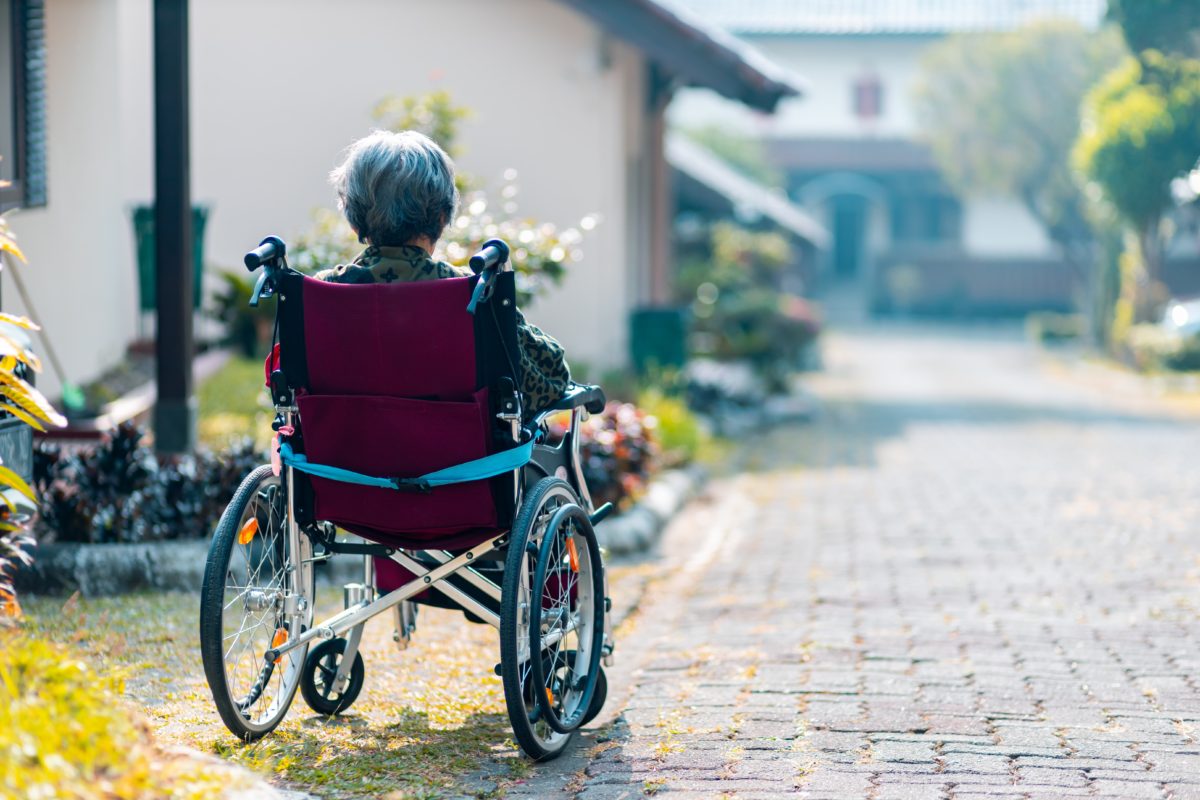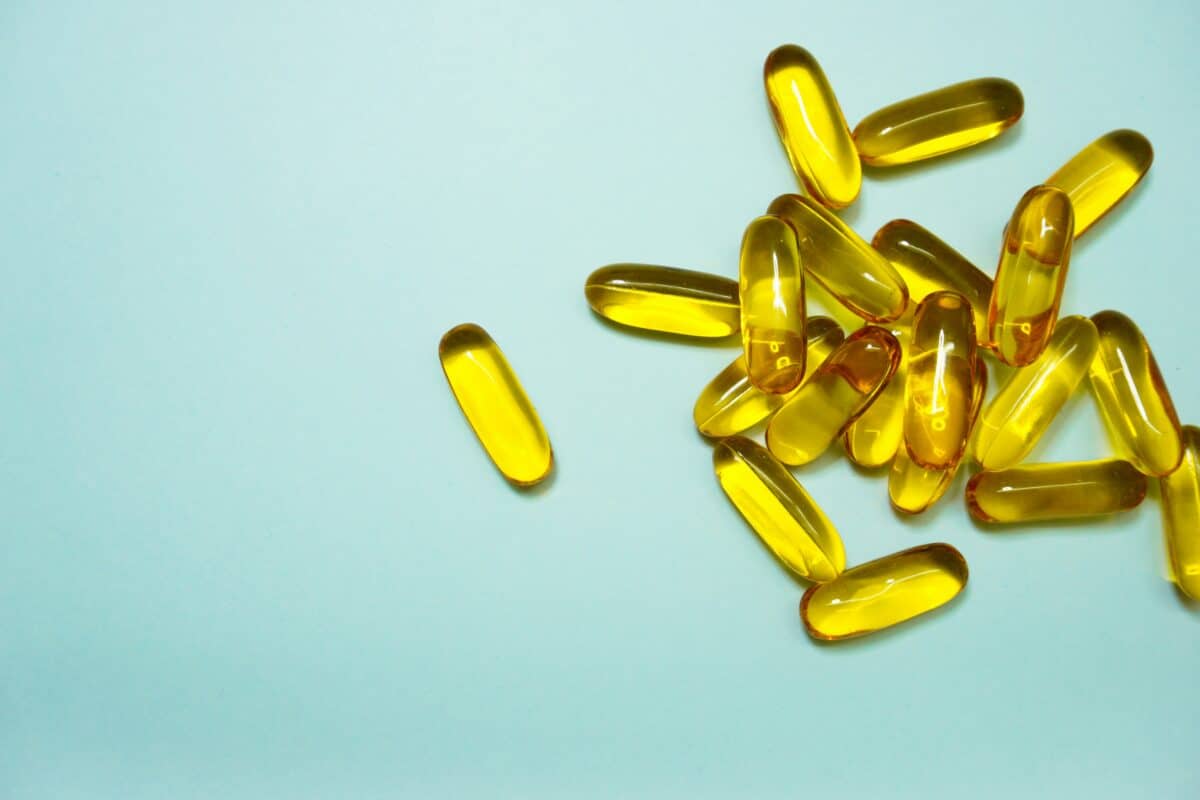The aging process is affected by the health habits you’ve practiced over your lifetime. The way you eat, drink, sleep, exercise—even the way you think—all have the power to help you remain healthy. Good habits, like bad, have a way of catching up with you.
Healthy aging is not only about longevity. It is about quality of life and being able to do the things you enjoy. A long life is good. A long, healthy life is better. Taking great care of yourself doesn’t guarantee you’ll live longer and healthier, but it does give you a solid chance for good health, regardless of your genetics. As new research discovered: Even your genes can change.
Follow these tips for a healthier body, mind, and life:
- Stay active. Physical activity—as approved by your health care provider—may be the fountain of youth. Exercise lowers your risk of heart disease, improves sleep and memory, wards off depression, helps your bones stay healthy, and reduces your risk of falls. Consider starting your day with 10 to 15 minutes of yoga, walking, or other exercise appropriate for your age, fitness levels, and health conditions, as determined by your doctor.
- Exercise your brain. Use it or lose applies to your body and mind. Learn a new language, work crossword puzzles, read, write, and hold conversations with people who challenge you to think differently. The more you use your brain, the stronger it will be.
- Eat healthy. Processed, packaged foods are prevalent in our society; obesity is epidemic, as are lifestyle diseases such as type 2 diabetes, arthritis, osteoporosis, metabolic disease, heart disease, and chronic liver disease. You can lower your risk of many diseases and adverse health conditions by eating well. Food is the most potent drug you take each day. Food can either be a health elixir or poison. Choose a diet comprised mostly of fresh, plant-based foods. Buy a food scale to ensure you eat 24 ounces of fresh vegetables daily. Eat 2 or 3 pieces, or cups, of fresh fruit daily. Choose healthy fats, such as avocados, olive oil, and hemp and chia seeds, over animal fats. Avoid all processed grains and flours, and eat whole grains—brown rice, quinoa, millet, wheat berries, and steel cut oats—instead. Combine beans or lentils with brown rice and veggies for a delicious, nutritious, high protein lunch or dinner.
- Foods to Avoid. Stay away from processed and packaged foods. The food industry spends billions of dollars on research to create the perfect recipe for addictive eating. The combination of fat, salt, and sugar in many packaged foods is designed to keep you eating beyond satiation. Also, packaged foods are, generally, loaded with chemicals that your body doesn’t know how to handle. These chemicals can cause metabolic disease. Sugar has been found to be as damaging to your skin as cigarettes. Sugar destroys collagen and elastin, the nutrients that help your skin stay youthful. Alcohol is liquid sugar; so even if you don’t have a drinking problem, avoid alcohol entirely. Sugar substitutes, such as aspartame (Equal) and sucralose (Splenda) can be worse for your health than sugar. And, since they can cause metabolic syndrome and addictive eating, they may not even serve to help you lose weight. Avoid your own personal binge foods—that is, foods you can’t stop eating once you start. Nothing tastes as good as healthy feels.
- Studies show that isolation and loneliness lead to depression, greater incidence of illness, and even earlier death. Connect or reconnect with friends and family members. Join groups. If you are confined to your home, use your phone and/or computer to keep in touch with loved ones.
- Adopt a pet. Bunnies, cats, and dogs make wonderful pets. The advantage dogs may have over other animals is that you and your dog can socialize together at dog parks.
- Stay on top of your health. Visit your physician, dentist, eye doctor, and other health care providers regularly. Get all screening tests recommended for your age and health conditions. Choose a general practitioner who cares about you and who can give you the time you need to thoroughly assess your health, medications, emotional wellbeing, and concerns.
- Stay hydrated. Dehydration can cause a host of health problems, including mental impairment, depression, faintness, hunger, dry skin, brain swelling, kidney failure, and seizures. Aim to drink 2 liters of water daily, more, if you drink coffee. Coffee acts as a diuretic and can cause or exacerbate dehydration.
- Move with mindfulness. Slips and falls often occur when you are not paying attention to what you are doing. Stay alert and focused, and wear sensible, appropriate shoes.
Sources: MayoClinic.com (February 4, 2014, MedlinePlus (March 25, 2016), Washington Post (March 14, 2016, WebMD (March 14, 2013)



